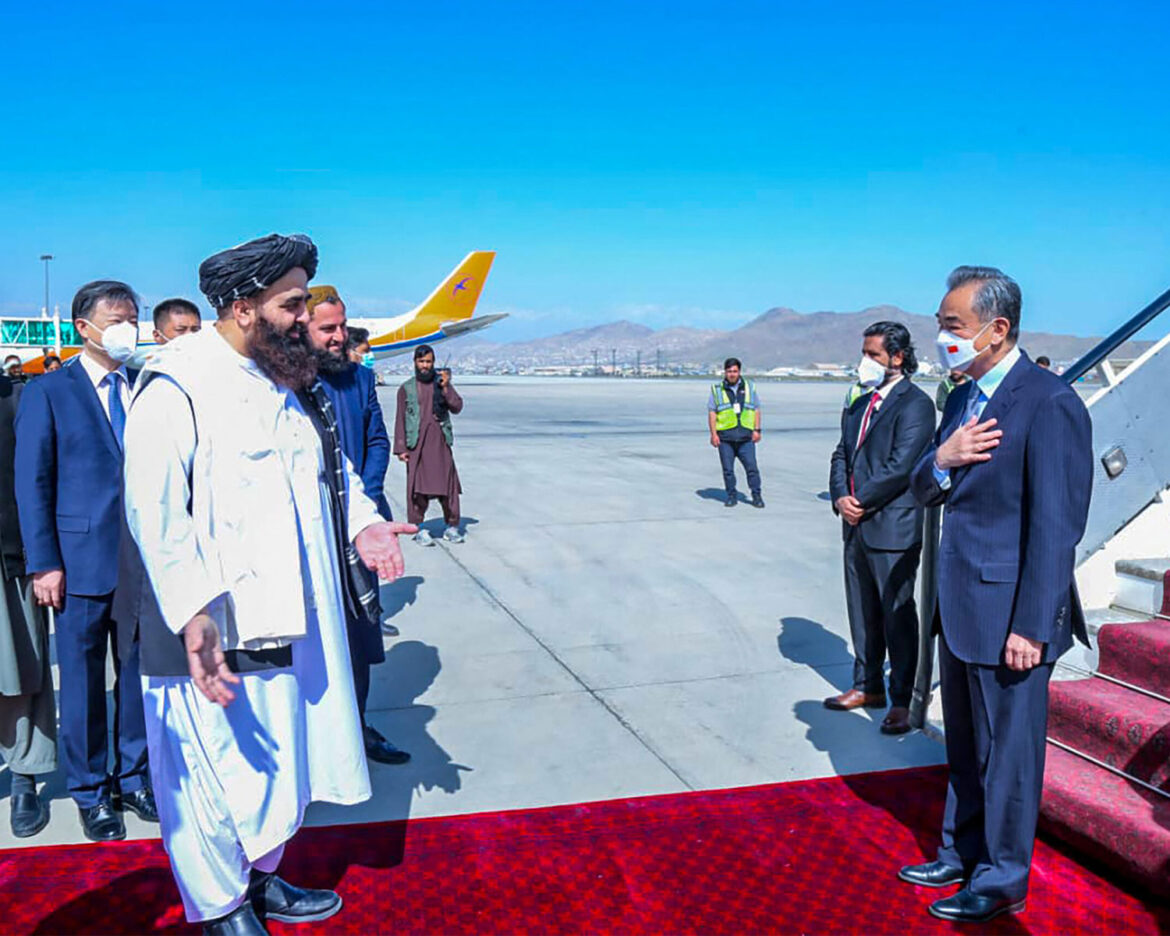China has announced plans to provide the Afghan Taliban with tariff-free access to its extensive construction, energy, and consumer sectors, according to Beijing’s envoy to Kabul. This development comes as Afghanistan, rich in natural resources yet diplomatically isolated, seeks to bolster its markets.
Since the Taliban’s takeover in 2021, China has aimed to strengthen its relationship with the group, despite global concerns surrounding its human rights record, particularly regarding the rights of women and girls. Nonetheless, Afghanistan’s wealth of mineral resources presents an opportunity for China to enhance its supply chain security.
Ambassador Zhao Xing highlighted this initiative on social media, stating, “China will offer Afghanistan zero-tariff treatment for 100 percent of tariff lines.” This offer was made public following a meeting with Abdul Kabir, the Taliban’s acting deputy prime minister.
Last year, Afghanistan exported approximately $64 million worth of goods to China, predominantly consisting of shelled pine nuts. However, the Taliban has expressed a strong desire to attract foreign investment to diversify its economy and capitalize on its mineral wealth. Despite exporting no significant commodities to China in 2023, the Taliban remains optimistic about future mining ventures.
Several Chinese firms, including the Metallurgical Corp of China Ltd, are actively engaging with the Taliban government to explore significant mining projects, particularly in copper. These developments were underscored in a recent feature by Chinese state media on the role of Chinese companies in rebuilding Afghanistan.
During a summit in September, Chinese President Xi Jinping announced that, starting December 1, goods from “the least developed countries” with diplomatic relations with China would enter his country’s economy, valued at $19 trillion, without incurring import duties. This policy was reiterated by Vice Commerce Minister Tang Wenhong during a press conference in Beijing.
The Afghan embassy in Beijing has yet to respond to inquiries regarding these developments. In a related context, last October, Afghanistan’s acting commerce minister expressed the Taliban’s interest in joining Xi’s ambitious “Belt and Road” infrastructure initiative. Additionally, Kabul has sought inclusion in the China-Pakistan Economic Corridor, a major connectivity project valued at $62 billion, linking China’s resource-rich Xinjiang region to Pakistan’s Gwadar port.
As the Taliban seeks to navigate its economic challenges, this partnership with China could be pivotal in securing much-needed revenue and fostering international ties.



